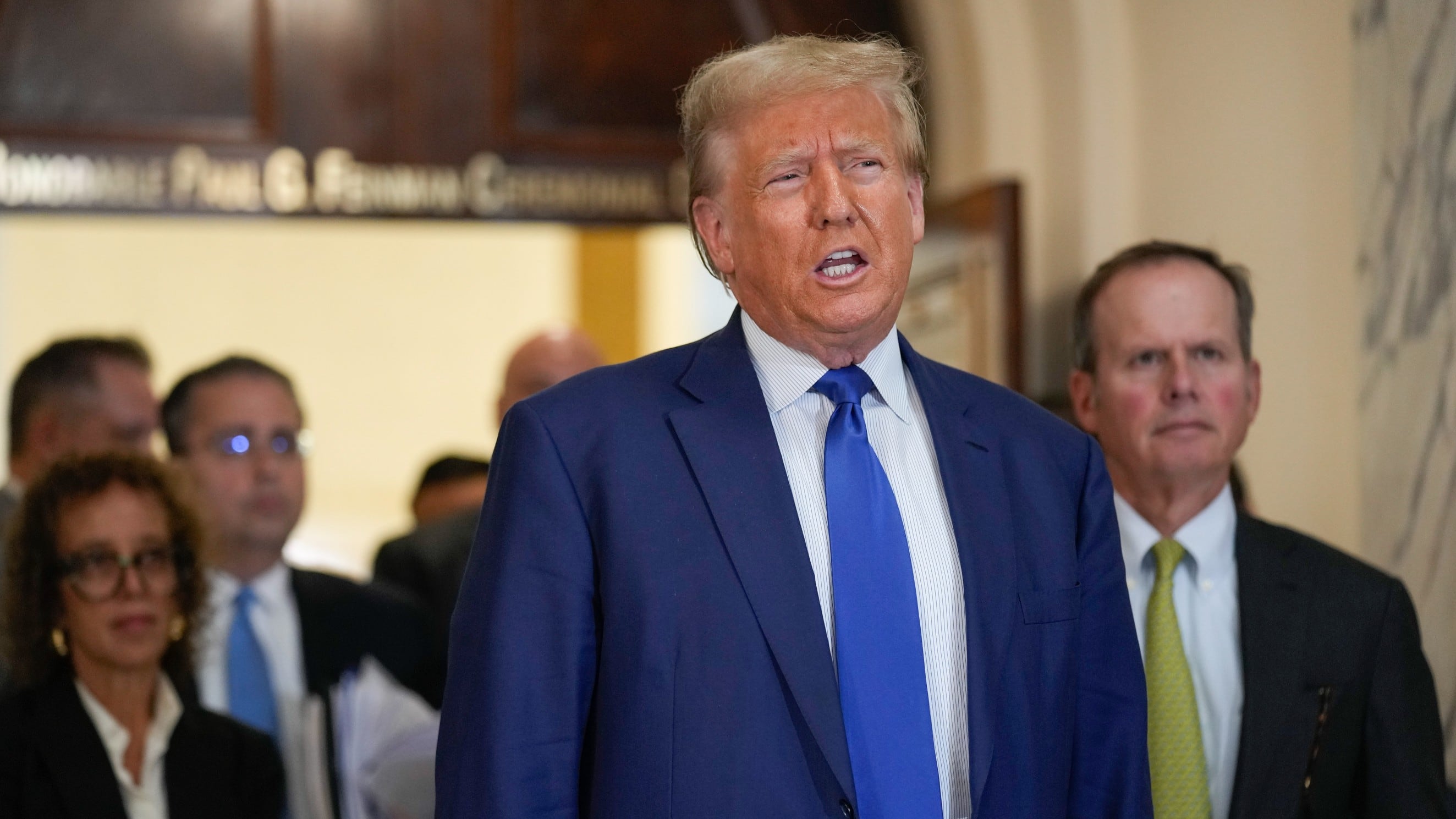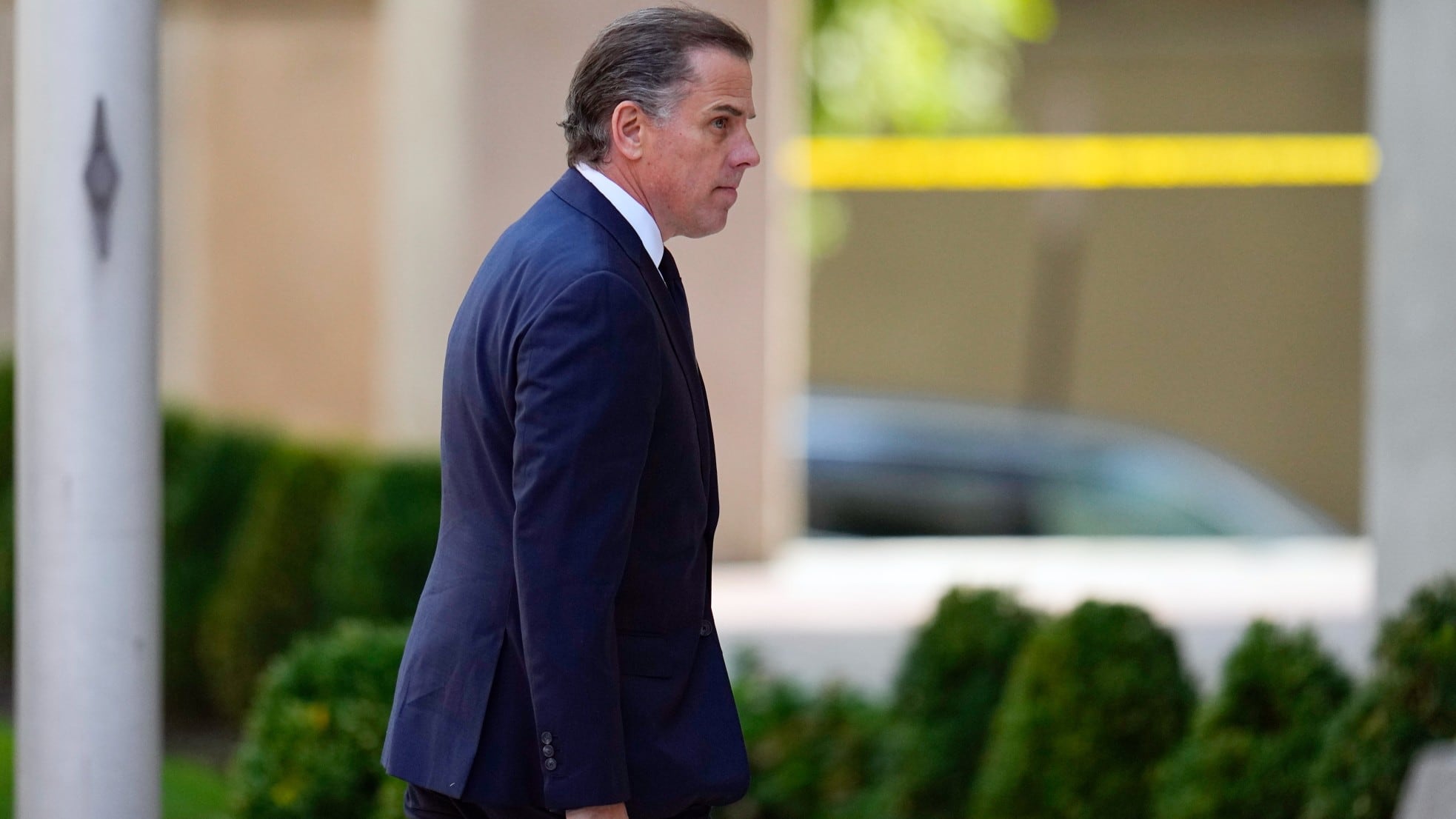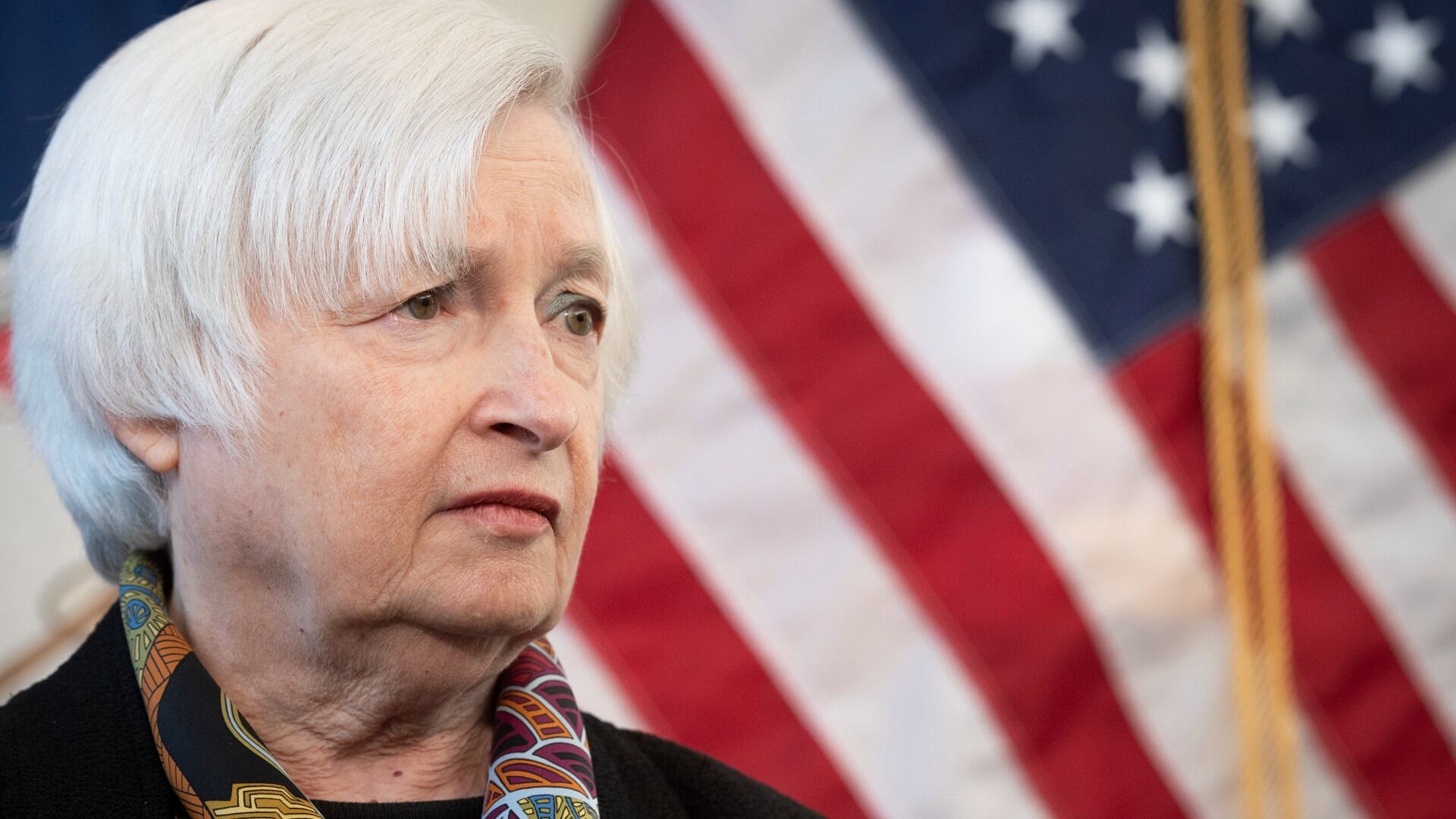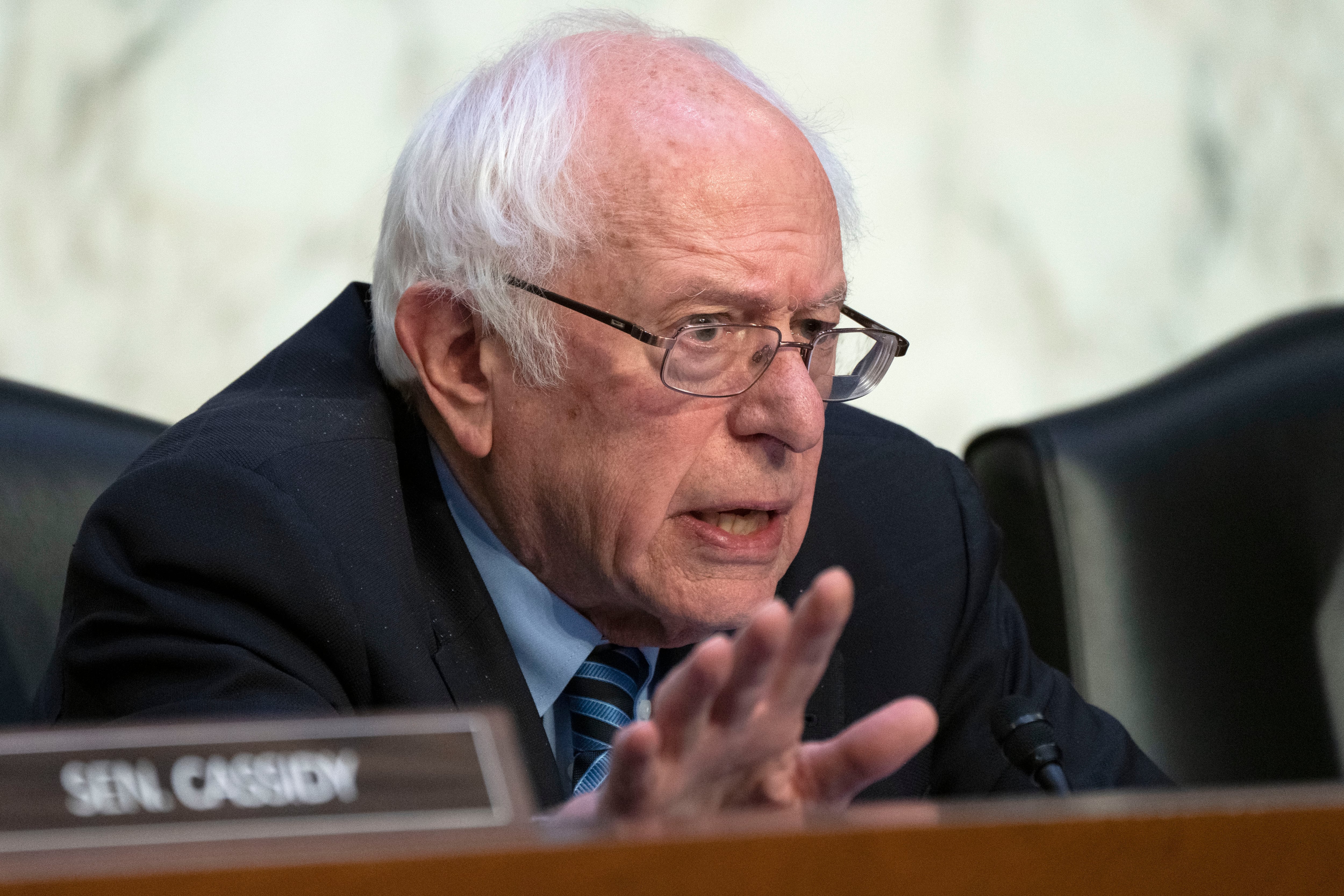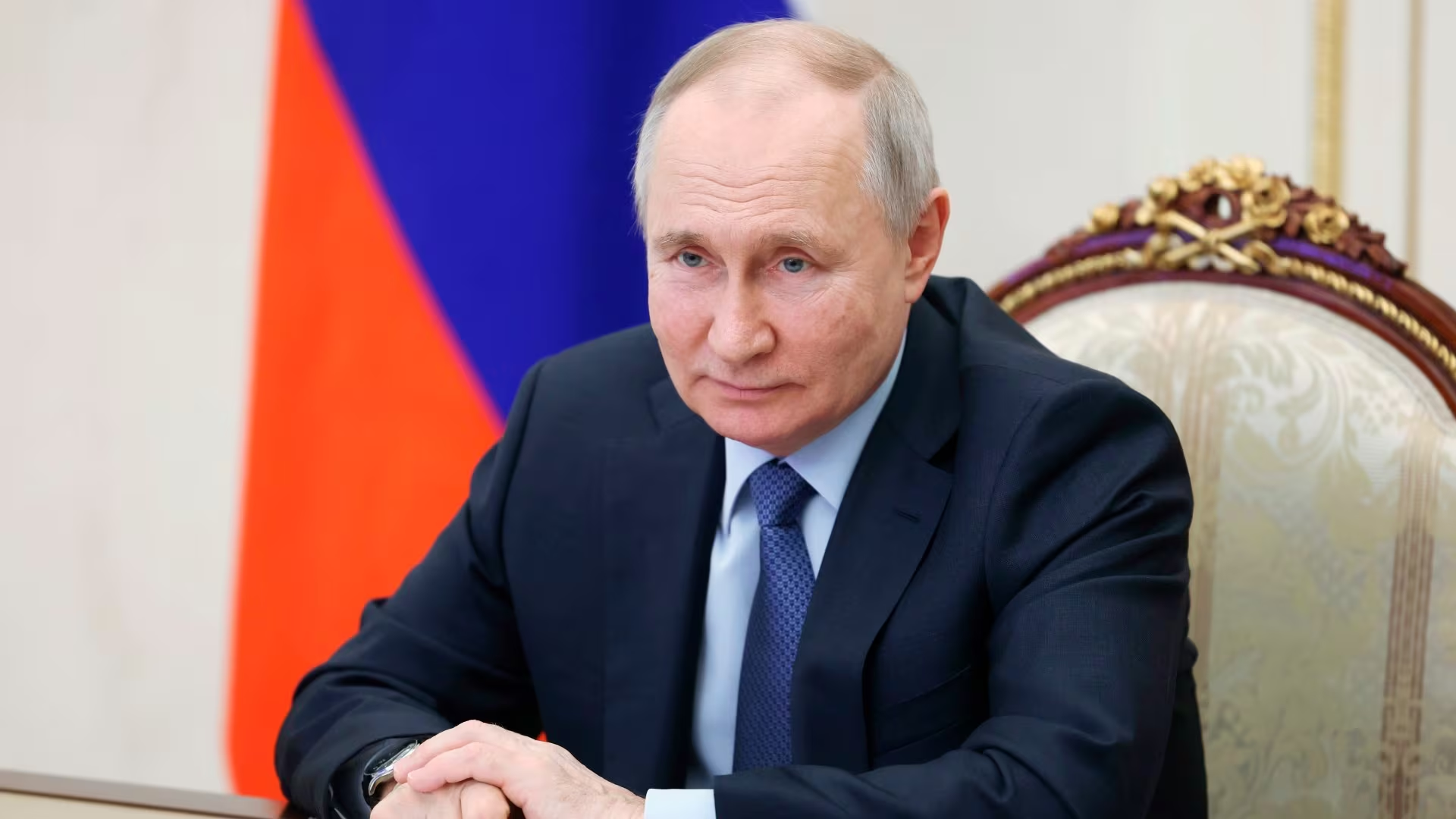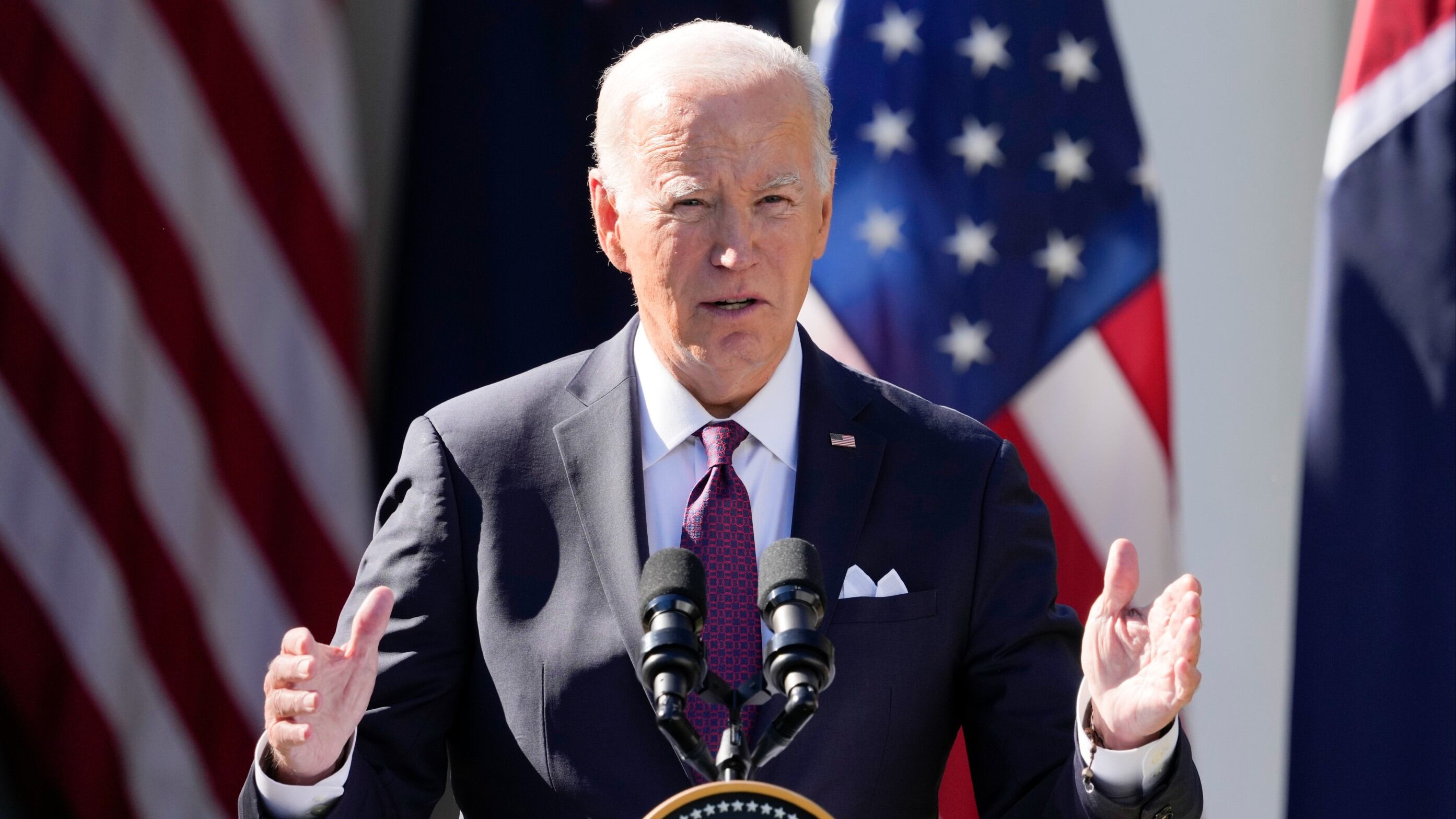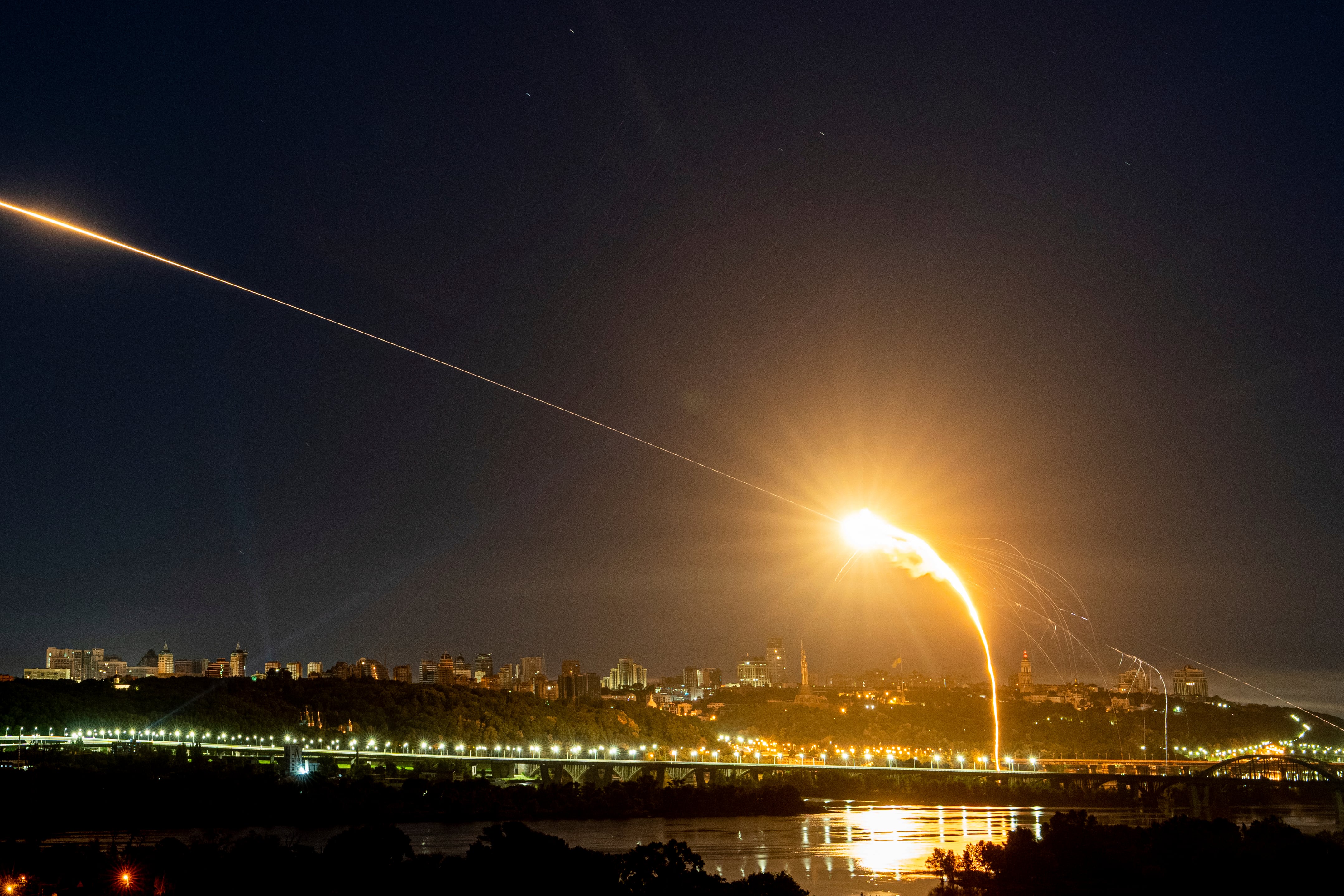*By Mike Teich*
President Trump pulled the United States out of the Iran nuclear deal Tuesday, abandoning the Obama administration's signature foreign policy accomplishment almost three years after it was agreed.
The oil market had already accounted for the likelihood Trump would abandon the deal, but volatility in oil prices could be affected by the tone of the president's statement, and the degree of the sanctions he imposes, said Patrick DeHaan, the head of petroleum analysis at GasBuddy.
"The more fiery the response from President Trump, the more oil prices could eventually rally," said DeHaan in an interview Tuesday with Cheddar.
A spike in oil prices might cause discretionary spending to drop, he said, adding that every penny the average price of oil rises, it takes $4 million a day away from the economy. While the initial increase in prices may make summer road trips a little more expensive for travelers, DeHaan doesn't anticipate a major impact on consumer spending until we hit a a more "psychological barrier" of $3 a gallon.
For the full interview, [click here](https://cheddar.com/videos/how-trumps-decision-to-withdraw-from-iran-nuclear-deal-affects-your-wallet).
Attorneys for former president Donald Trump missed their chance Monday to pause the gag order against their client in his civil fraud trial in New York.
Federal prosecutors opposed Hunter Biden's request to subpoena documents from former President Trump and other members of his administration.
The U.S. may form a naval task force to escort commercial ships through the Red Sea, days after Houthi rebels struck three vessels with missiles.
Treasury Secretary Janet Yellen is heading to Mexico this week to promote her agency's new strike force to help combat illicit fentanyl trafficking as the U.S. and China step up efforts to stop the movement of the powerful opioid and drug-making materials into the United States.
Sen. Bernie Sanders and the Democratic senators involved say they are firm in their stand that Israel's military must adopt substantive measures to lessen civilian deaths in Gaza as part of receiving the supplemental's $14.3 billion in U.S. aid for Israel's war.
Russian news outlets are reporting that President Vladimir Putin is set to make a rare trip abroad this week.
President Joe Biden is preparing a package of healthcare measures that include cutting prescription drug prices.
The White House is urging Congress to pass President Biden's aid package for Ukraine warning that the U.S. will be out of funding by the end of the year.
A former U.S. diplomat has been arrested and accused of being a secret Cuban spy.
Philadelphia City Council passed legislation to ban ski masks in some public spaces, a measure supporters say will increase public safety amid high violent crime, but opponents argue it will unfairly target people without proof of any wrongdoing.
